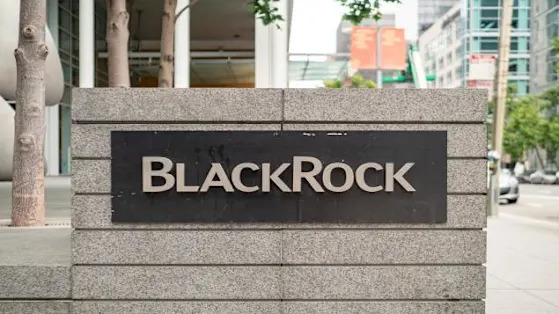(Bloomberg) -- MicroStrategy Inc.’s seemingly limitless moves to raise capital for its Bitcoin purchases have run into their first obstacle.
The self-styled Bitcoin treasury company sold preferred stock units — rare, debt-like securities dangling an 8% coupon — last week, but it had to cater to price-sensitive buyers by pricing them at a sizable discount. The shares were sold for $80 apiece, 20% below their marketed price, effectively pushing the yield to 10% for buyers — a steep concession to finalize the deal.
“I can’t remember the last time I saw something priced this low,” said James Dinsmore, a portfolio manager focused on convertible securities at Gabelli Funds Inc. “Obviously there was some pushback on the initial pricing.”
Still, the deal’s investor-friendly terms enabled the Tysons Corner, Virgina-based company to raise $563 million — more than double the initial target — as co-founder and Chairman Michael Saylor explores multiple slices of capital structure to support his Bitcoin-buying strategy. The demand shows the market’s interest in this asset class, which the company said it could use to raise as much as $2 billion this quarter, despite it being more expensive than the ultra-low coupon convertible bonds and at-the-money shares it has issued previously.
MicroStrategy didn’t return requests for comment.
“A 10% yield is not cheap capital, but given the company’s profile, I think it’s appropriate,” said David Clott, a portfolio manager at Wellesley Asset Management. “And they’re not diluting existing investors as they had done so with the previous convertible offerings. It’s a good result for them, as they’ve opened up a new market for funding.”
This initiative is part of the company’s broader plan to secure $42 billion over three years via a combination of equity and fixed-income securities, with a shift toward the latter expected this quarter. That’s partly because the company has raised nearly $17 billion through its share sale program and a far smaller amount through convertible debt. The company now owns about $47 billion of Bitcoin — over 2% of all the tokens that will ever exist.
New Funding Tool
The so-called perpetual strike preferred stock will pay investors a quarterly dividend and has a cumulative feature, ensuring that any missed payouts must eventually be made. Its conversion price is set at $1,000 — roughly 200% above its latest closing price — a lofty threshold that lowers the odds of conversion to common stock in the near term, effectively delaying dilution that would otherwise affect existing shareholders.
The preferred stock was pitched to income-focused funds, preferred investors and retail buyers — a different pool from convertible bond buyers. Those deals, which offer little to no coupon, drew hedge funds deploying an arbitrage play to capitalize on the stock’s surging volatility.
To institutional investors, part of the appeal of MicroStrategy’s preferred stock lies in the “very attractive yield,” which is among the highest in the market, according to Dinsmore. By contrast, JPMorgan Chase & Co. marketed 6.5% coupon in a recent deal which drew an eager reception. “The risk you’re taking on MicroStrategy is clearly different than JPMorgan, but some premium is warranted,” he said.
Given the lucrative coupon for MicroStrategy’s offering, retail buyers are expected to be a big source of demand once the preferred units list on the exchange under ticker STRK.
Another area of scrutiny is how MicroStrategy intends to pay dividends, since the company can use either cash or stock for payment. That could pose tax complications for some funds, because each method may be treated differently — as income or capital gains — affecting the ultimate profit, said Yan Jin, a senior portfolio manager of Columbia Threadneedle Investments.
MicroStrategy is scheduled to report earnings Wednesday after the bell. Analysts are expecting a net loss of around $23 million, according to data compiled by Bloomberg. This would mark a fourth consecutive quarter of losses for the company, as the underlying business has seen declining revenue annually since 2021.
And above all, the challenge of analyzing MicroStrategy’s credit profile and business model persists for any investors holding a piece of the company through its sprawling asset classes. The preferred units are junior to the convertible bonds but senior to common stock.
Complicating matters further are wild fluctuations of Bitcoin price, which rallied over 120% last year. On top of that, MicroStrategy trades at a more than 200% premium to the value of the Bitcoin it owns, a level that can change rapidly.
“If you’re earning 10% into perpetuity, as long as you don’t feel there’s much risk to the capital structure, it’s a good deal,” Clott said. “But if Bitcoin suffers, all bets are off — that’s the caveat.”





